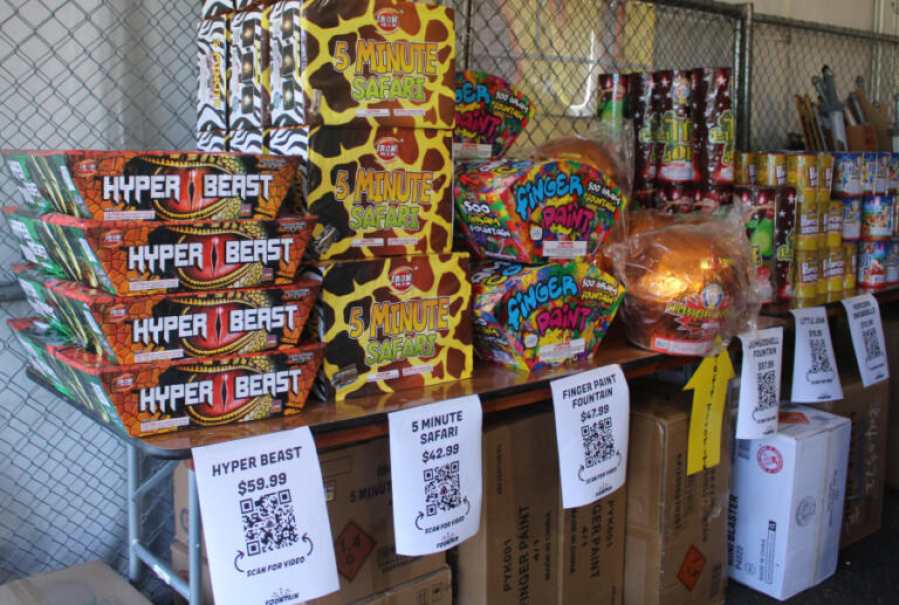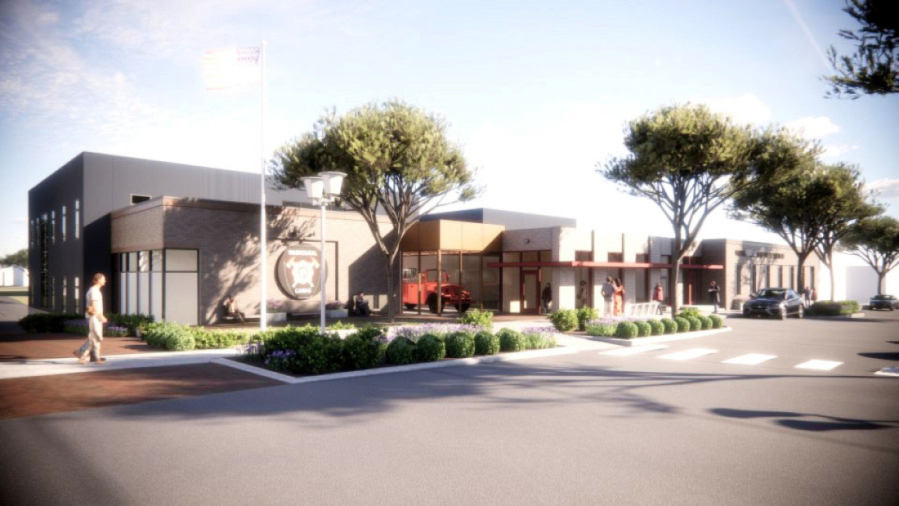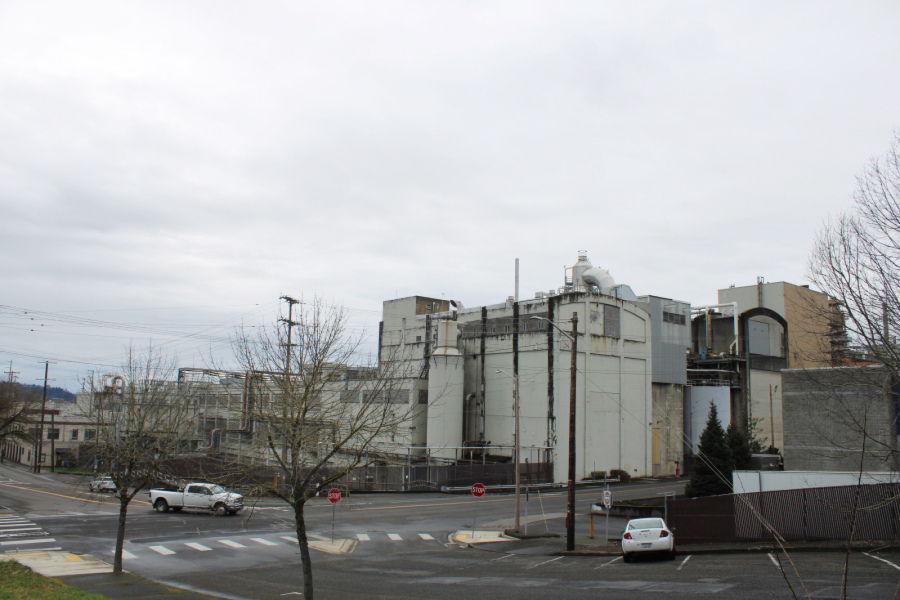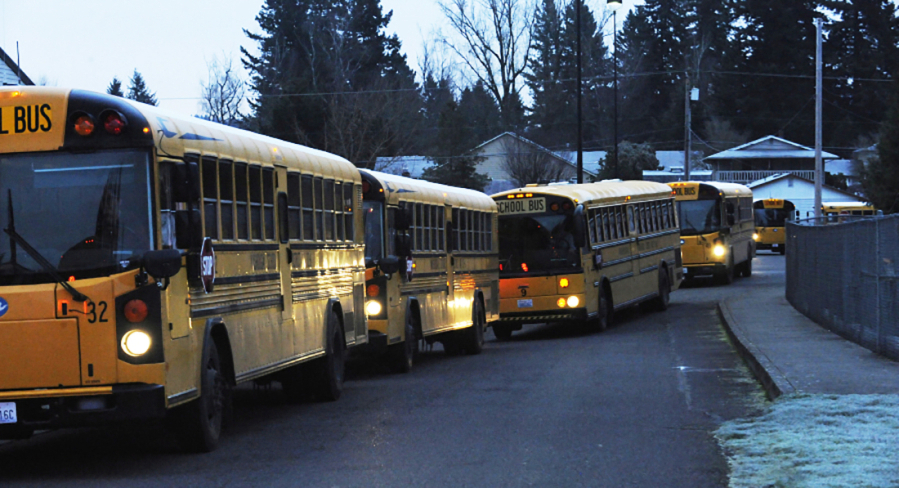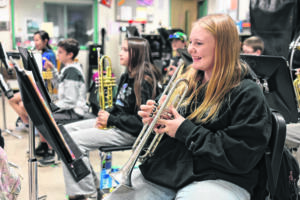No. 5: Camas residents again battle proposed gas station complex
Two years after a Camas hearings examiner cleared the way for the controversial Camas Station, a gas station-car wash-retail complex, to be developed at the corner of Northwest Brady Road and Northwest 16th Avenue in Camas’ Prune Hill neighborhood, Camas neighbors living near Union High School came out to oppose a second gas station-car wash-convenience store complex in 2024.
This time, the impacted area is located about one-half mile from the high school near the intersection of Northeast 13th and Northeast Friberg-Strunk streets.
Throughout the year, Camas residents have written to the city of Camas to oppose the 13th Street gas station project, telling City officials and staff that they fear the project will negatively impact the environment, groundwater and traffic safety in their neighborhood.
“What a nightmare project it is for this location,” Ruth and William Small, who live on Northeast 16th Street, just a few blocks away from the project site, told The Post-Record in December. “There are so many Camas laws, rules and codes being overlooked, ignored or given variances for this 13th Street gas station, that it appears to us that if you have the means to acquire enough variances, you can do whatever you want to in the city of Camas.”
As of this newspaper’s print deadline, Joe Turner, a contracted hearings examiner for the city of Camas was set to make a decision on an appeal of the city of Camas’ State Environmental Protection Agency (SEPA) decision that the project would not negatively impact the environment, as well as a “substantive appeal” of the project related to the appropriateness of a car wash in a business park zone and of other traffic and neighborhood-impact issues brought up by the project’s opponents.


